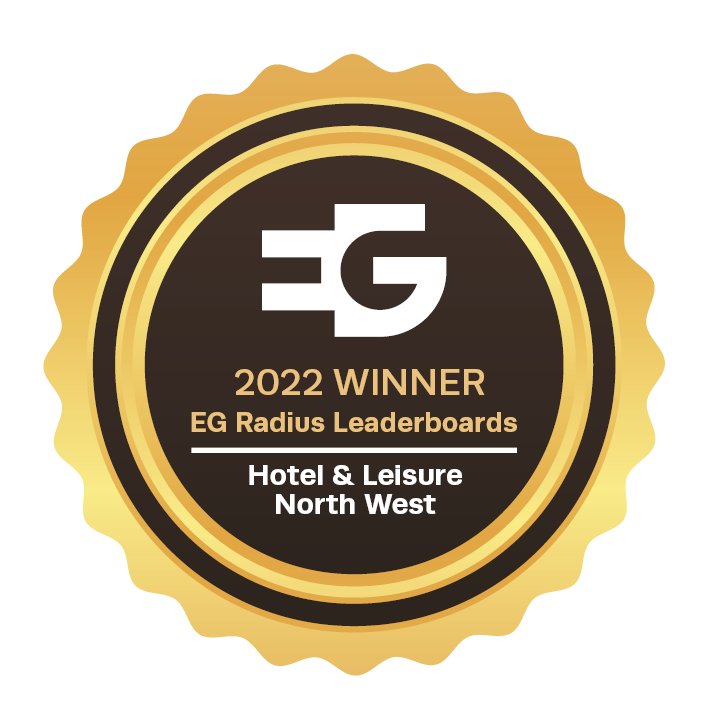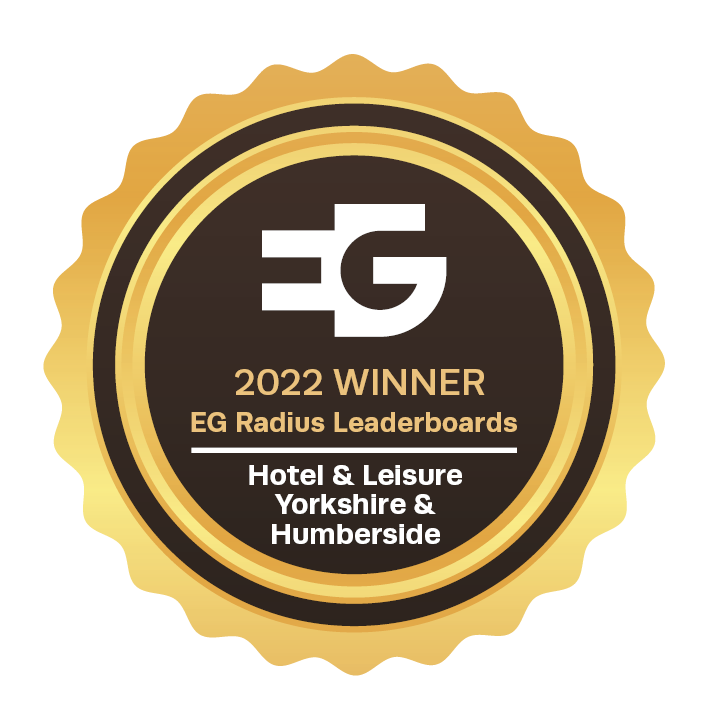







The pub trade remains full of superb business opportunities and represents an attractive, very individual way of life for many.
With relatively few barriers to enter the trade, from bar work to management, and from taking on your own lease to buying your own freehold, it would not be difficult to think that being a publican is easy. Indeed, if you have the right attitude and a clear customer-focused business approach, there isn't much you can't achieve. There are however, a number of key building blocks you must have in place to ensure you have the skills and understanding to make a success of being a licensee.
The key to success is getting the right advice and training to ensure you have a complete understanding of what you are taking on and that you can make it work as a profitable business.
Training comes in a variety of forms, aimed at targeting your individual needs. Courses are run by specialist organisations such as the Bii or CPL Training and range from a half day to a week long course.
In the first instance the Pre-Entry Awareness Training e-learning package (PEAT) - taking around five hours to complete - covers everything: from understanding the basics of a lease agreement, to how to put together a solid business plan.
There are other qualifications to consider including the Award in Licensed Retailing (ALR), which is a two-part qualification and is required by licensing authorities before they will grant a Personal Licence, while the Award in Licensed Hospitality Operations (ALHO) covers virtually all the main areas relevant to the successful operation of a pub business. There are many more covering cellar management to food safety and everything in between to suit everybodys' needs and requirements.
Whilst these formal training courses are vital for many new entrants, it is always important to remember that nothing will replace your own preparation and market research, when taking on a new business. For example, it is critical to know the demographic and profile of the customers living around the pub you are looking to take on, as well as understanding the market you'll be competing in, so do make sure you spend time as a customer of the pub in question and in all its nearby competitors, visiting at a variety of different times of the day and days of the week, to get a feel for what the opportunities are to grow trade.
Finally, before you take on a leisure related business, make sure you consult with the professional advisors that are available. From Building Surveyors to assess the condition of a property, to Valuation Surveyors to advise on rent levels or capital values, including Accountants and Solicitors: they all provide a service for a reason, i.e. they have specialist knowledge you can tap into. So do your training and take the advice in order to get things right at the outset. You can then focus on a long and productive career in the Leisure Sector.